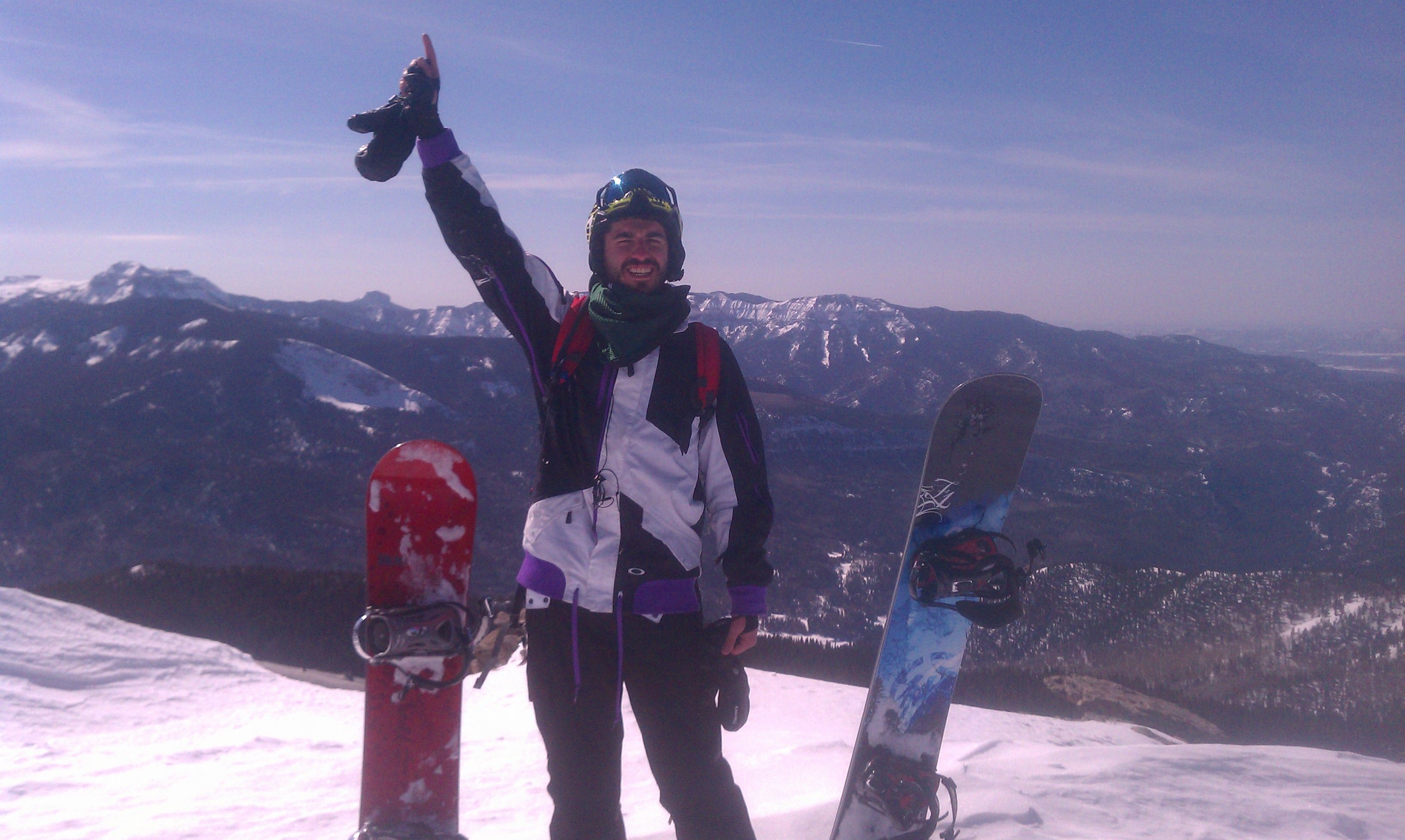About JJ Nader

It was an early morning in Mexico City when traffic was at its peak, and the chaotic hum of honking cars and restless commuters set the stage for my debut. The moment was nothing short of cinematic, though entirely lacking in intentional drama—yet brimming with the absurdity that would define my existence. It was there, amidst the cacophony of diesel engines and the occasional stray mariachi, that I decided, “This is the moment I want to experience life.”
Of course, my parents were less enthusiastic about my timing. My mother, ever the unwitting co-conspirator in my life's theatrics, found herself staring at the unyielding red brake lights ahead of her on a street appropriately called Revolution. My father, equally exasperated and clutching the steering wheel as though it were his last tether to sanity, muttered curses that I would later learn were the first words I’d technically "hear." Revolution, as it turned out, would not merely be the name of a road but an omen for the life I’d lead—one marked by constant upheaval, sporadic rebellion, and the occasional existential traffic jam.
Despite my best efforts to orchestrate my arrival with some flair, my father somehow navigated the labyrinth of vehicles and made it to the hospital. This marked his first and only major victory over my innate sense of chaos. By then, however, I had already started my next act. Somewhere between the contractions and the delivery room, I decided that oxygen was entirely overrated. When I emerged, I was a dramatic shade of blue, resembling a smurf auditioning for Hamlet. The doctors were unimpressed. My mother fainted. My father muttered, “I knew it.”
Being born without oxygen, I like to think, was my way of making a statement. I didn’t just want to exist; I wanted to exist with impact—albeit unintentionally. It was, perhaps, the first instance of what would become a lifelong pattern: my efforts to be extraordinary often resulted in me being extraordinarily misunderstood. The rest, as they say, is history—or failure, depending on who’s asking.
My childhood was a series of events that could best be described as uninspired attempts at heroism. By the age of five, I had tried and failed to train our neighbor’s Chihuahua to fetch tacos. I thought I was solving world hunger on a local level; the Chihuahua thought I was a tyrant. By seven, I had decided to test the concept of gravity by throwing my father’s prized cactus collection off the roof. Isaac Newton was onto something, but I was grounded for a month.
School didn’t fare much better. My teachers described me as “creative but challenging,” which I later learned was a euphemism for “a walking migraine.” In first grade, I wrote an essay about why pirates should run the government. In third grade, I staged a protest against the cafeteria’s refusal to serve breakfast for lunch. By fifth grade, I was banned from class presentations altogether after an unfortunate incident involving papier-mâché, a miscalculated vinegar-to-baking-soda ratio, and one very angry janitor.
If childhood was a rehearsal for the absurdity of adulthood, I was overprepared. My teenage years saw me experimenting with existentialism, mainly as an excuse to skip algebra. My arguments were compelling: “If numbers are infinite, isn’t solving for x futile?” My math teacher was less amused. By the time I graduated high school—miraculously, I might add—I was certain that life was less a straight path and more a series of winding detours. And detours, as I’d learned on Revolution Street, are where the fun happens.
Adulthood, though, is where my penchant for chaos really came into its own. I once took a job as a freelance mascot for children’s parties. That lasted until I accidentally traumatized a room full of six-year-olds by fainting in a bear costume. It turns out dehydration is a thing. Another time, I tried to start a food blog but got distracted and ended up live-tweeting my attempts to open a particularly stubborn jar of pickles. My followers found it relatable, but my culinary career was dead before it began.
And then there were relationships—a comedic tragedy in their own right. I once dated someone who insisted astrology was real, but only part of me hopes she's right. Another time, I tried to impress a date by cooking dinner, only to accidentally set my shirt on fire while flambéing cherries. She left before dessert.
Despite my spectacular ability to stumble through life, I’ve learned to embrace the absurdity. I’ve come to realize that the so-called failures—the blue beginnings, the spilled cactuses, the flaming cherries—are what make life interesting. Perfection is overrated. Chaos, however, is unforgettable.
And so, my story continues—a blend of comedy, calamity, and the occasional moment of clarity. If you ever find yourself on Revolution Street, stuck in traffic, honking your horn at the universe, remember this: the best moments often come wrapped in chaos, and the worst ones make for the best stories. And when it all feels too absurd to be real, take comfort in knowing that reality itself might just be the greatest illusion of all, unlike this story, 90% Completely false.
JJ Nader